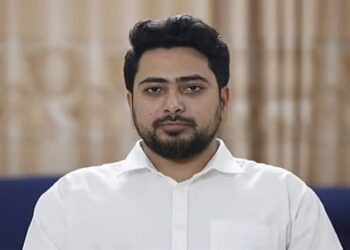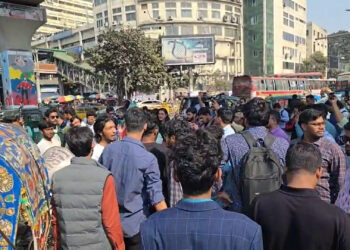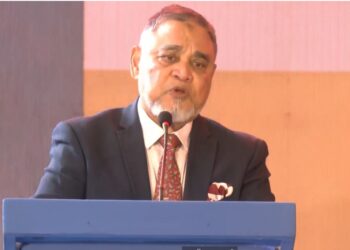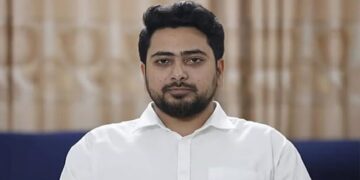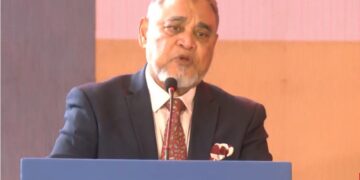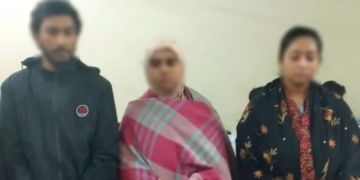Key Highlights:
-
The current Secretary-General of the United Nations, Antonio Guterres, will complete his second term on 31 December 2026.
-
Among other names being informally discussed is Bangladesh’s own Nobel laureate and interim government advisor Dr. Muhammad Yunus, although official channels say his candidacy is currently “rumour”.
-
Discussions have already begun over who will succeed him, with three strong candidates publicly emerging: Michelle Bachelet (Chile), Rafael Mariano Grossi (Argentina), and Rebeca Grynspan (Costa Rica).
-
The selection process is slated to formally begin by late 2025, under new calls for greater transparency, inclusivity and possibly for the first time a woman to assume the post.
Why the race is already on?
Even though Antonio Guterres’s mandate ends at the end of 2026, united nation’s member states and diplomatic observers are already active in laying the ground for his successor.
The informal discussions reflect both the high-stakes nature of the role and regional as well as gender-balance dynamics within the organization.
ব্যবসা বা ক্যারিয়ারে গ্রোথ আনুন, বাস্তব হ্যাক দিয়ে
Who are the front-runners
So far three names dominate the conversation:
-
Michelle Bachelet – former President of Chile and ex-UN High Commissioner for Human Rights.
-
Rafael Mariano Grossi – Director General of the International Atomic Energy Agency and Argentine national.
-
Rebeca Grynspan – Secretary-General of the United Nations Conference on Trade and Development (UNCTAD) and former Vice-President of Costa Rica.
These candidates bring strong diplomatic profiles, regional prominence and appeal in terms of the current push for a woman to assume the office of Secretary-General.
Bangladesh’s Dr. Muhammad Yunus in this sparkle
While Dr Yunus’s name is not among the publicly declared official candidates, it has featured in local diplomatic and media analyses in Bangladesh.
Read More: “Awami League Has Already Returned Under the Name of NCP”: Mohammad Hizbullah
The Government’s Foreign Ministry acknowledges that his name has been discussed at domestic level for some months, though clarifies that no formal nomination or official approach has been made. His stature as a global social entrepreneur and Nobel laureate certainly gives him a noteworthy profile in the broader speculation.
How the selection process works
According to UN procedures:
-
Under Article 97 of the UN Charter, the Secretary-General is appointed by the General Assembly on the recommendation of the Security Council.
-
Member States are invited to submit candidates via the Presidents of the General Assembly and the Security Council.
-
The Security Council holds straw-polls, and any of its five permanent members (China, France, Russia, UK, USA) can effectively veto a candidate.
-
A growing campaign emphasises openness, gender-equality and “regional rotation” so that different parts of the world get a chance.
Regional rotation & gender dynamics
The notion of regional rotation implies that after a Secretary-General from one region, priority might shift to another. Much commentary suggests that Latin America is next in line after Europe.
Simultaneously, there is strong global momentum for the first woman to hold the post an idea gaining traction in diplomatic circles.
-
The formal call for nominations is expected by the end of 2025.
-
Diplomacy will intensify: states will signal support, withdraw or shy away from candidates.
-
Transparency reforms mean candidates may submit vision statements and declarations of support earlier than in past cycles.
-
Though Dr. Yunus is being discussed domestically, actual nomination depends on a Member State putting him forward and the Security Council endorsement.
For Bangladesh, the mention of Dr Muhammad Yunus in speculative discussions reflects the country’s aspiration for enhanced presence in global governance. Whether that translates into an actual candidacy remains to be seen.
Share via:









